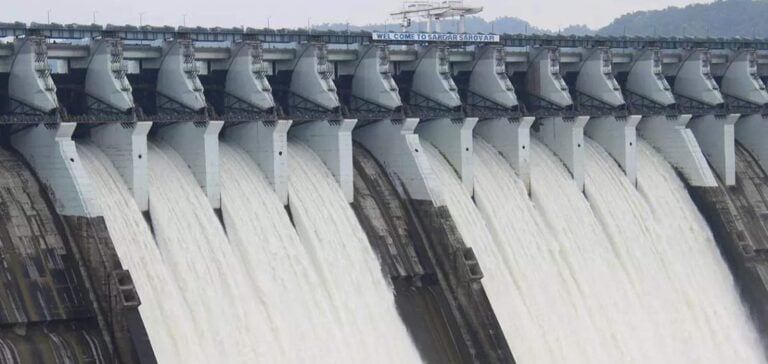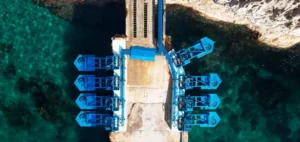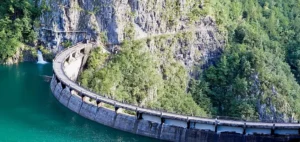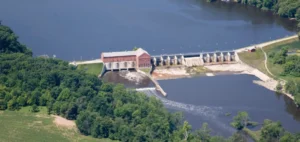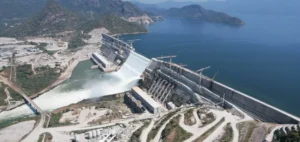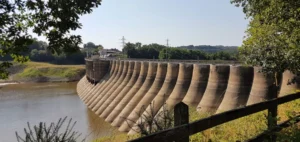The Indian government has recently approved the implementation of two hydropower projects in the Shi Yomi district, located in the state of Arunachal Pradesh in the northeast of the country. These projects, with a total investment of approximately 36.89 billion rupees ($437.6 million), aim to generate about 1.8 billion units of energy annually.
Project Features
The first project, titled Heo Hydro Electric Project, will consist of three 80 MW plants, for a total installed capacity of 240 MW. According to the official statement, this project will produce approximately 1 billion units of energy annually. The second project, the Tato-I Hydro Electric Project, will consist of three 62 MW plants, totaling a capacity of 186 MW, and will generate approximately 802 million units of energy annually.
These infrastructures are expected to be operational within 50 months, marking significant progress in improving Arunachal Pradesh’s energy supply and stabilizing the national grid.
A Strategic Partnership
The two projects will be implemented by a joint venture formed between North Eastern Electric Power Corporation Ltd. (NEEPCO) and the government of Arunachal Pradesh. This partnership model highlights India’s commitment to integrating local stakeholders and maximizing the impact of energy projects in the regions concerned.
Support for the Energy Transition
These developments align with the country’s efforts to achieve an ambitious target of 500 GW of renewable energy capacity by 2030. Currently, India has an installed capacity of approximately 201 GW of renewable energy, including hydropower, and plans to increase this to 225 GW by the end of 2025.
However, analysts warn of logistical and financial challenges that could slow this growth. Continued efforts to address these issues will be crucial to maintaining momentum toward climate goals.
Local and National Impacts
The approved hydropower projects are expected to bring direct benefits to local communities, reducing power outages and promoting cleaner energy. Additionally, their integration into the national grid will play a key role in balancing energy fluctuations nationwide, especially during periods of high demand.


